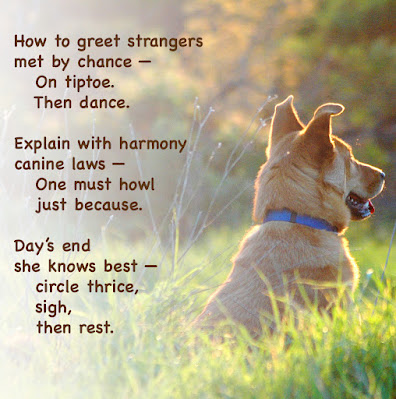English as a Second Language
Twenty adults, all Vietnamese,
sit respectfully in a classroom,
San Jose City College, silent.
The point is to talk (in English).
The instructor asks, “How did you get here?”
Hesitantly, first one:
She walked a hundred kilometers
carrying two children, paid a boatman,
too many people, boat sank, a child drowned.
Next one:
Attacked by pirates, daughter stolen,
never seen again.
Then an outpouring:
Typhus. An ambush. Cheated.
An angel in the form of a helicopter.
Courage, heartbreak, luck.
And plenty of talk.
Next class.
“What is the most beautiful
sight you’ve ever beheld?”
They traveled, reluctantly, half the planet.
What splendors passed their eyes?
A hesitation, then the first:
“Most beautiful I ever see
is San Jose Airport.”
Immediately a chorus, they all agree.
First glimpse, descending from broken clouds.
Tarmac. Landing lights.
San Jose Airport.
Beauty.
…..
From my book Random Saints
First published in Dove Tales. Thank you Carmel Mawle, editor.
Photo is of the San Jose Airport as seen from above.
Hear me:





















